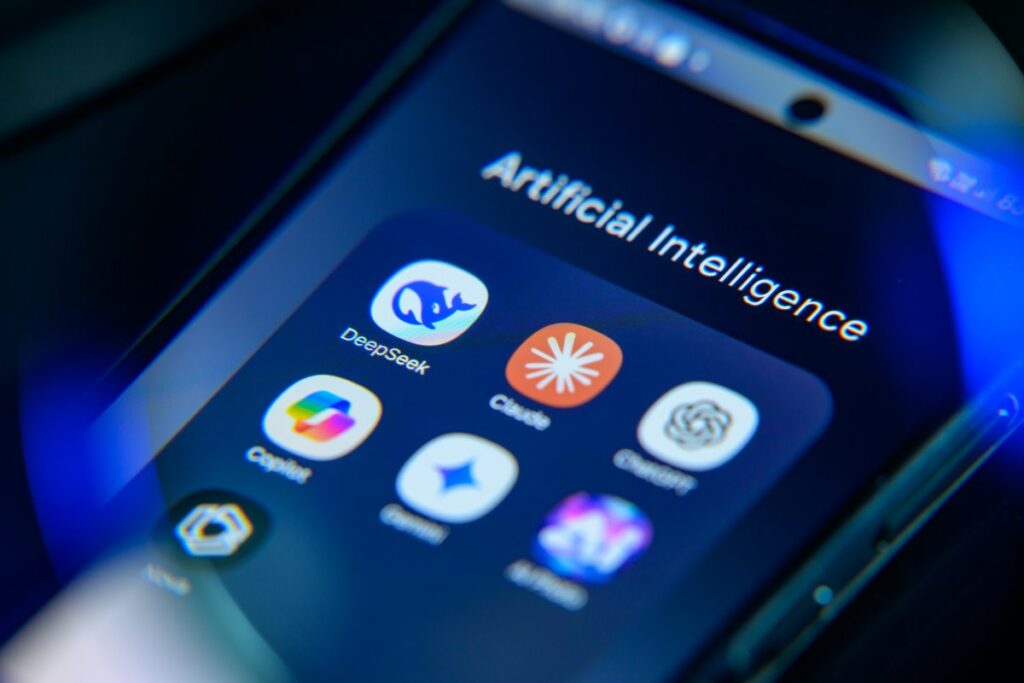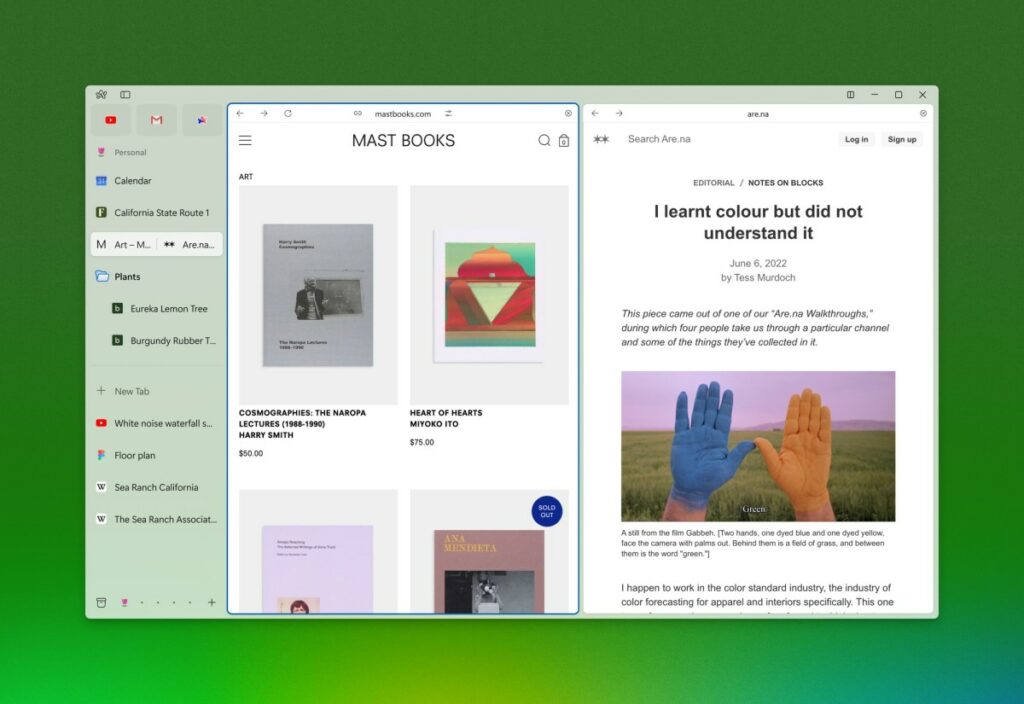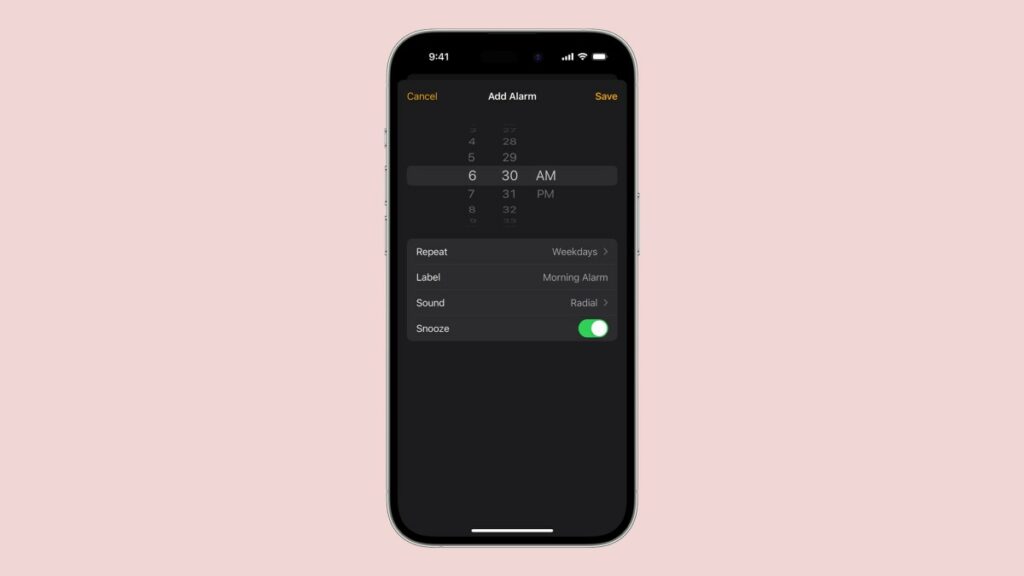ChatGPT rivals like Google’s Gemini, xAI’s Grok, and, to a lesser extent, Meta AI, are closing the gap to ChatGPT, OpenAI’s popular AI chatbot, according to a new report focused on the consumer AI landscape from venture firm Andressen Horowitz.
The report, in its fifth iteration, showcases two and a half years of data about consumers’ evolving use of AI products.
And for the fifth time, 14 companies appeared on the list of top AI products: ChatGPT, Perplexity, Poe, Character AI, Midjourney, Leonardo, Veed, Cutout, Eleven Labs, Photoroom, Gamma, Quillbot, Civitai, and HuggingFace.

The companies represent a cross section of how consumers are using AI: for general assistance, companionship, image and video editing, voice generation, productivity, and model hosting.
Five other companies appeared on all but the first report, the firm notes, including Claude, DeepAI, JanitorAI, Pixelcut, and Suno, representing general AI use, companionship, image editing, and music generation.

For the first time in the series of reports, Google gained four spots on the list of the top gen AI consumer web products with entries for Gemini, AI Studio, NotebookLM, and Google Labs. These products now have their own separate domains, allowing their growth to be tracked separately from one another.
a16z says its report relies on data from third-party market intelligence firms, including Similarweb for web products and Sensor Tower for mobile app data.

Of note, No. 2 app Gemini is closing the gap to No. 1 app ChatGPT on mobile devices, but with almost half as many monthly active users. Not surprisingly, Gemini’s AI technology sees stronger adoption on Android, with nearly 90% of the monthly active user base. On the web, Gemini also came in second place behind ChatGPT, with approximately 12% of ChatGPT’s visits.

The company’s AI Studio, a developer-oriented sandbox for building with Gemini models, entered the top 10 list of AI web products in the 10th spot; NotebookLM was No. 13. Google Labs, a destination for Google’s AI experiments (like Flow, Project Mariner, and Doppl), ranked at No. 39.

The report indicates that Meta AI and Grok are also chasing the top AI app, ChatGPT.
Grok ranked fourth on the web and No. 23 on mobile. This is quick growth, given that Grok went from having no standalone app at the end of 2024 (it was first launched on X) to now, upwards of 20 million monthly active users. In July 2025, Grok also climbed nearly 40% when Grok 4 was released.

Meta’s general assistant ranked No. 46 on the web — the same as in March — but it didn’t make the list of top mobile AI apps. In part, it was hampered by the news that Meta AI was sharing some users’ posts publicly on the web without their informed consent.

DeepSeek and Claude also saw their growth flatten on mobile, with the former falling off its peak by 22%. On the web, DeepSeek saw an even sharper drop-off, down more than 40% from its peak in February 2025. Perplexity and Claude, however, continued to grow.
Other Chinese AI makers also made the top 20 on the web, including No. 9 Quark, Alibaba’s AI assistant (No. 47 on the mobile list); No. 12 Doubao, ByteDance’s general LLM product (No. 4 on mobile); and No. 17 Kimi, a chatbot from Moonshot AI. Each of these has a Chinese website and sees 75% of its traffic coming from China.
Seven additional companies on the web list were developed in China, but exported their AI tech globally: DeepSeek, Hailuo, Kling, SeaArt, Cutout Pro, Manus, and Monica.
On mobile, 22 of the 50 top apps were developed in China, but only three were primarily used in China. Top players here include Meitu (Photo & Video Editor, BeautyPlus, BeautyCam, Wink, and Airbrush), ByteDance (Doubao and Cici), Gauth, and Hypic.
Vibe-coding startups Lovable and Replit both debuted on the main list this time, having not made the cut on a16z’s list published back in March of this year. (Note that websites built and published via Replit and via Lovable without custom domains appear under traffic for replit.app and lovable.app, respectively, helping them gain traction.)

a16z also took time to call out AI apps that were on the brink of making the list of top AI apps, including PixAI, bolt, Blackbox AI, Clipchamp, and Getliner on the web and Talkie, Seekee, Photo AI, AI Mirror, and Arvin on mobile.
The firm notes that the mobile list in this month’s report already features more newcomers (14) than before, as both app stores have long since cracked down on ChatGPT copycats and clones, allowing for more original apps to find their footing.


